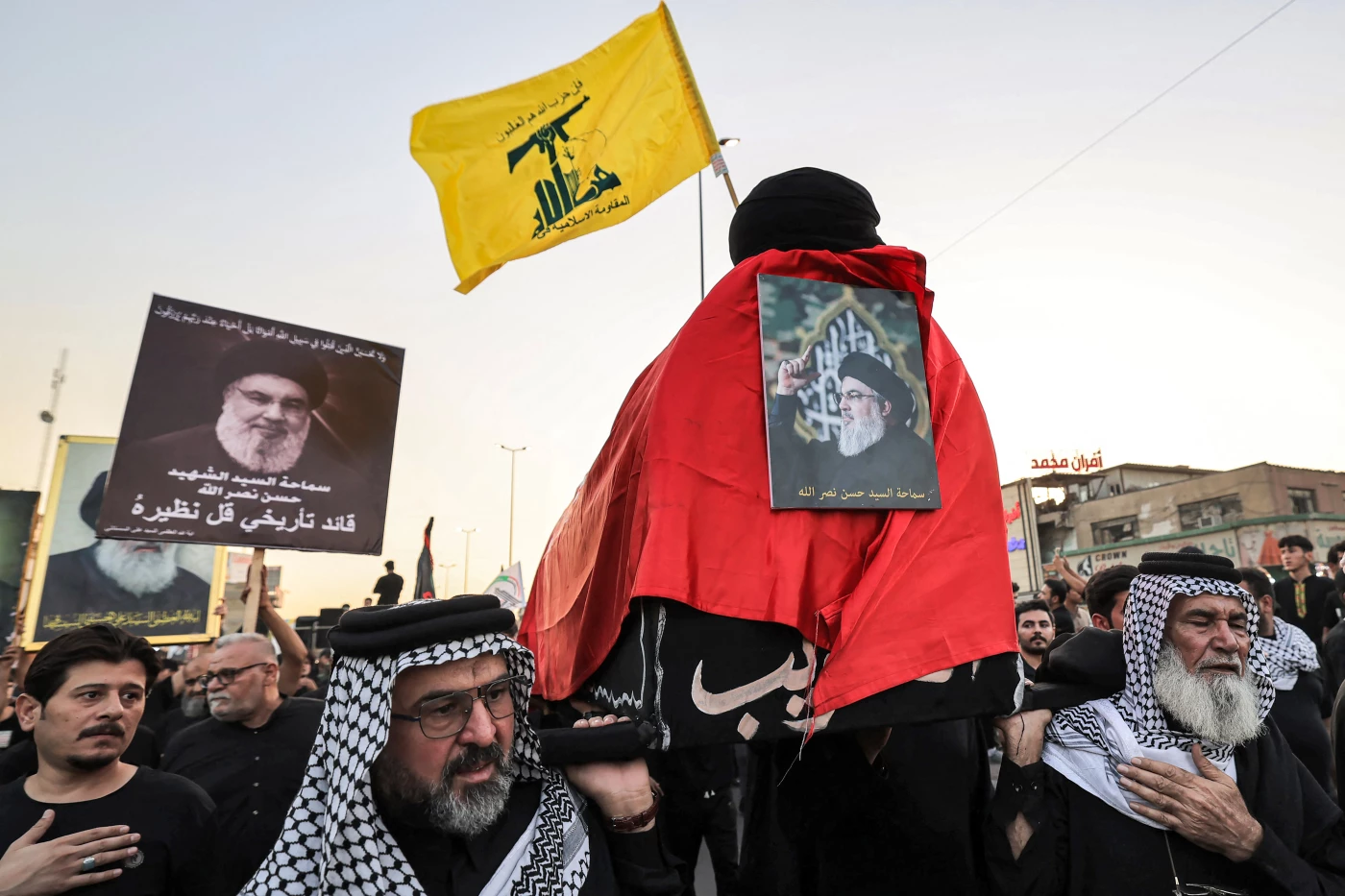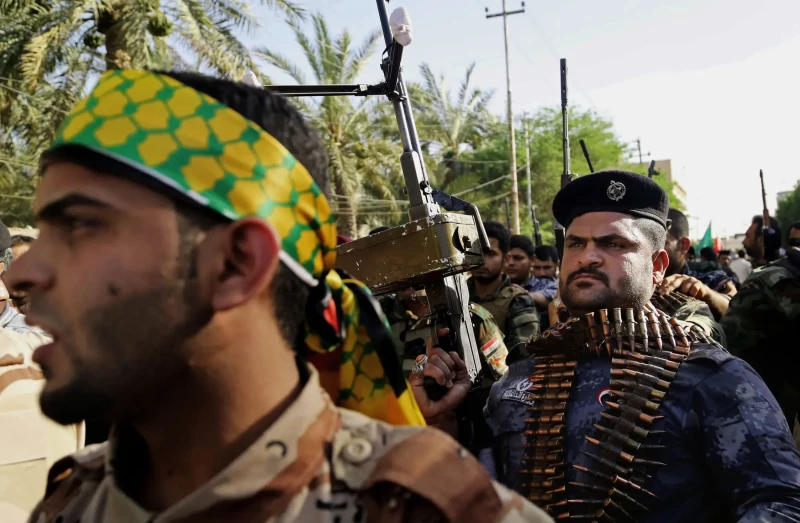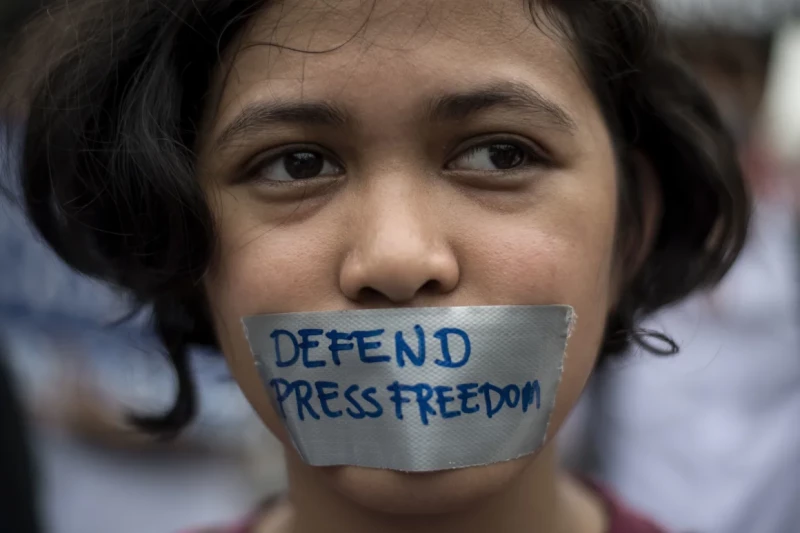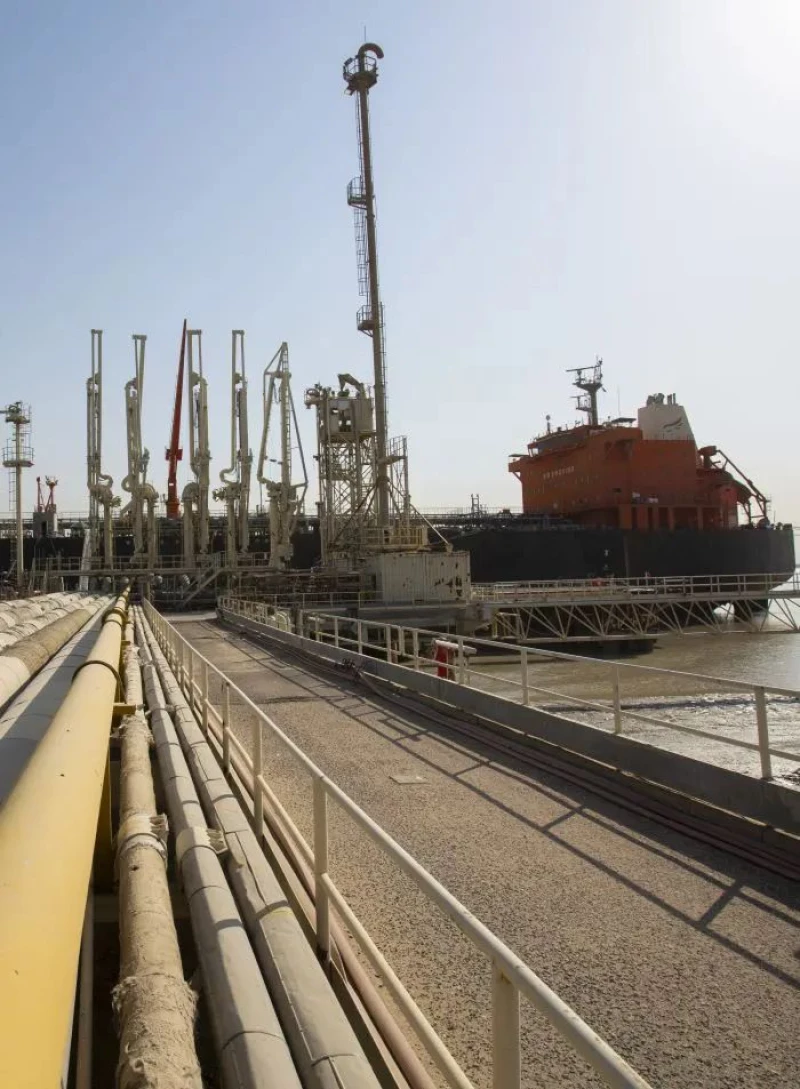DUBAI, UAE - Lebanese Hezbollah on Sunday denied reports suggesting that its late Secretary-General Hassan Nasrallah would be buried in Iraq, dismissing claims made by an advisor to the Iraqi prime minister.
In a statement to The New Region, Hezbollah’s media office called the reports “false”, clarifying that no decision has been made regarding Nasrallah’s burial or funeral. “Reports about the funeral of Hassan Nasrallah or his burial in Karbala near the shrine of Imam Hussein are unfounded,” the statement said.
Earlier on Sunday, Abdul Amir Taiban, an advisor to Iraqi Prime Minister Mohammed Shia' al-Sudani, posted on the social media platform X (formerly Twitter) that Nasrallah would be buried “in Iraq next to the shrine of his grandfather, Imam Hussein.”
Earlier reports on Sunday claimed that Nasrallah’s body had been recovered from the rubble after an Israeli airstrike on Hezbollah’s headquarters in the southern suburbs of Beirut.
According to The New York Times, Hezbollah members discovered Nasrallah’s body early Saturday, along with that of senior military commander Ali Karki, who was also killed in the strike. Israeli officials confirmed to the Times that over 80 bombs were dropped on the Hezbollah headquarters, located underground beneath a residential building, in an attempt to eliminate Nasrallah.
While Hezbollah confirmed Nasrallah’s death on Saturday, the group has yet to release specific details about how he was killed or the timing of his funeral.
Nasrallah, a founding member of Hezbollah, became the group’s leader in 1992 following the assassination of his predecessor, Abbas al-Musawi, by Israel. Under his leadership, Hezbollah has been a central figure in armed resistance against Israel.
His death follows a series of Israeli strikes targeting Hezbollah leadership in recent months. Top military commander Fuad Shukr was killed in July, and his second-in-command, Ibrahim Aqil, was killed last week in Beirut. Another senior commander, Ibrahim Qubaisi, who oversaw Hezbollah’s missile and rocket units, was killed in a strike earlier in the week.
Hezbollah and the Israeli military have been engaged in cross-border exchanges for nearly a year since war on Gaza started, with violence escalating sharply in recent weeks following a cyberattack that disrupted Hezbollah’s communications systems, killing dozens and injuring thousands of civilians.



 Facebook
Facebook
 LinkedIn
LinkedIn
 Telegram
Telegram
 X
X


